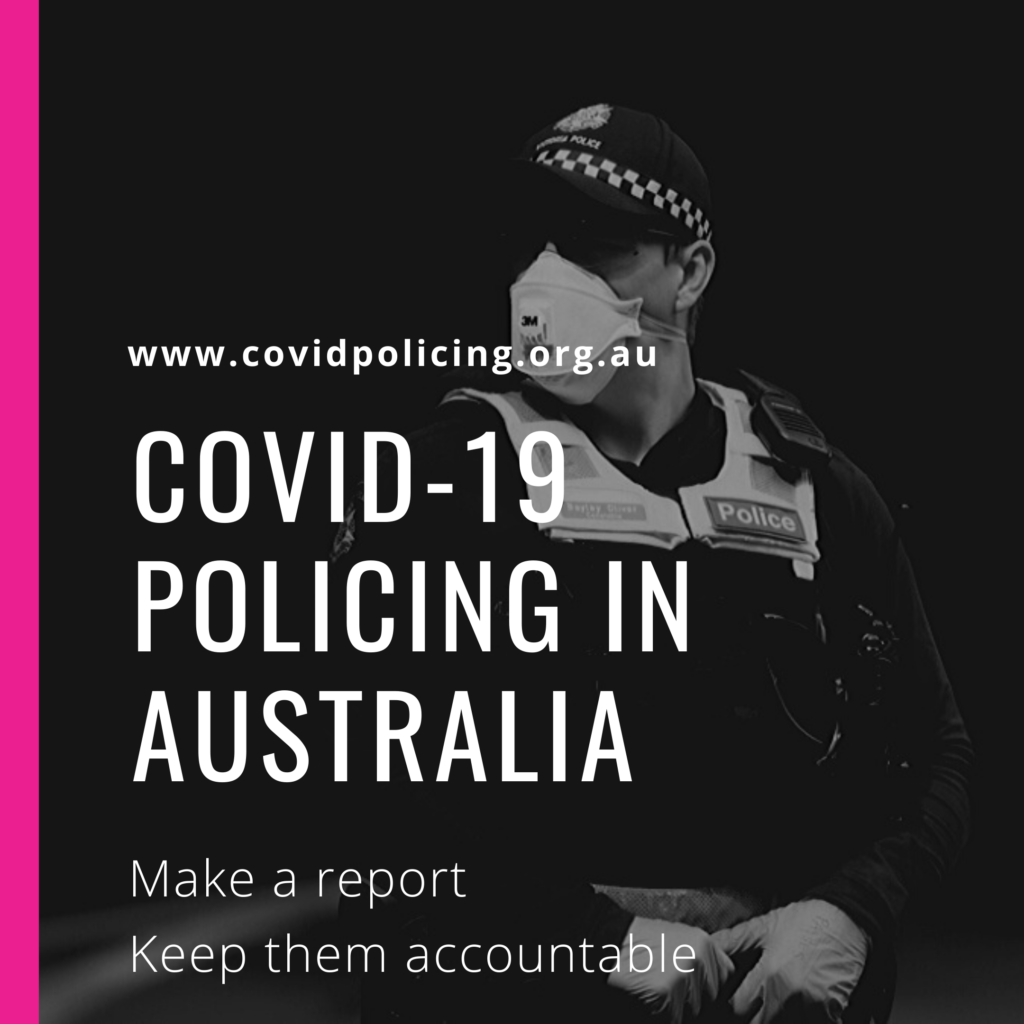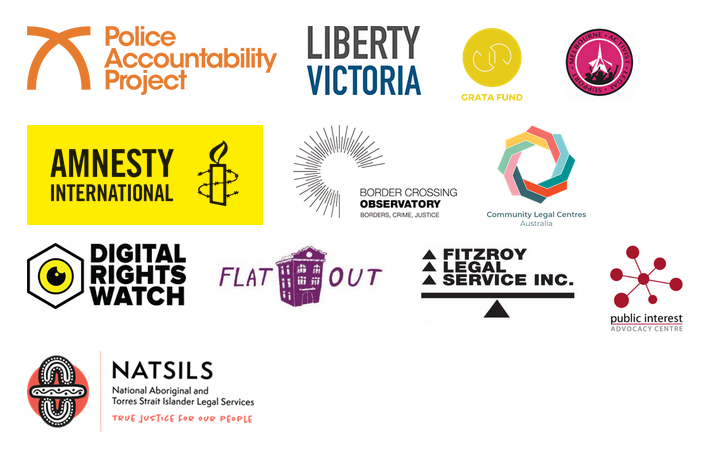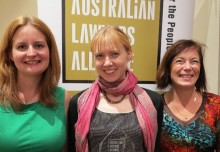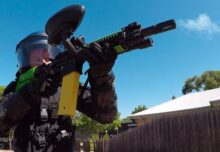The first research paper using data from the national COVIDPolicing.org.au monitoring project has now published in Current Issues in Criminal Justice and will later be incorporated into a special issue on Covid-19 and criminal justice.
The authors, Louise Boon-Kuo , Alec Brodie , Jennifer Keene-McCann , Vicki Sentas & Leanne Weber have examined policy documents, legal instruments, enforcement statistics obtained from media sources and through Government Information Public Access (NSW) requests, non-government and news reports and community members’ accounts of their experiences of police intervention published on the COVID policing website.
The article seeks to identify the potential impacts of COVID policing in relation to everyday street policing in NSW, the policing of public protests in NSW and Victoria and the intensive policing of nine public housing tower blocks prior to the comprehensive Melbourne lockdown.
The authors argue that public health is ‘securitised’ through the interaction between new COVID laws and powers, and existing police powers.
Whilst COVID laws seeks to promote public health, the policing of those laws has tended toward pre-emptive modes of police intervention characterised by the disruption of otherwise lawful activities “before the anticipated threat materialises” and selectively acting on already racialised communities.
The paper joins an emerging body of international COVID scholarship that examines the expansion and intensification of police power during the global pandemic which has highlighted how COVID emergency powers have resulted in the expansion of executive law-making, a reduction in scrutiny, the risk of authoritarianism and how policing practices may have superseded or undermined public health goals.
ABSTRACT
In this article we consider the enforcement of COVID-19 measures as an instance of security policing, characterised by a pre-emption paradigm. Whilst COVID-19 measures are directed towards the goal of ‘biosecurity’ to stop the spread of the disease, in practice, COVID policing appears to rely on long-standing criminalisation strategies at odds with public health. Drawing on a range of primary and secondary data sources, we provide a critical account of the policing practices used and the groups to which the special measures have been directed in the most severely affected states of Victoria and New South Wales. We consider the implications of the securitisation of public health through the use of policing. Although we identify the potential for expansion—whereby population groups that do not usually attract police attention are drawn into contact with police—our case studies reveal that COVID policing as practiced in those contexts intensifies existing patterns of public order policing directed towards the ‘usual suspects’ and reinforces a criminalisation rather than a public health paradigm.
The article can be accessed online here.
“We found COVID policing to provide opportunities for the intensification of long-standing and selective criminalisation processes, evident in the disproportionate focus on First Nations peoples in street policing and the high-visibility policing of racialised and socio-economically disadvantaged communities in public housing.”

This collaborative project aims to collect incidents, reports and examples of COVID policing incidents from members of the public accross Australia – for monitoring, legal advocacy and reporting. The project is run by legal and human rights advocacy organisations, backed up by a network of policing academics with a coordinator in each state. Some prominent coalition partners are:






